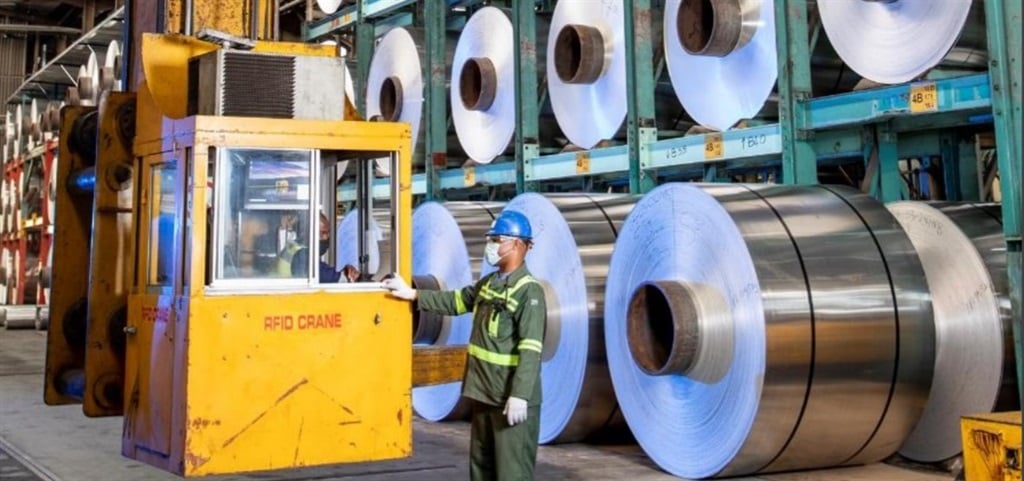
- A possible deal to buy Hulamin has flopped after months of talks.
- Sources say government's requirements were too onerous for the potential buyer.
- The company is an attractive target because aluminium is in high demand in the green economy.
A potential takeover bid for Hulamin fell flat over the Minister of Trade and Industry’s "non-money" demands, sources close to the matter have told Fin24.
Hulamin shareholders were left hugely disappointed on Monday when the company announced the keenly anticipated takeover deal would not be concluded after the potential buyer walked away.
The name of the interested party has not been disclosed.
According to Hulamin, a maker of aluminium products, the suitor "was unable to agree satisfactory terms with all stakeholders". Further, the potential buyer "has become concerned about recent global economic uncertainly", the company said in a statement on Monday, sending the share price down 30% on the day.
However, sources with knowledge of the talks told Fin24 that the terms of the agreement had been settled, but that "non-money" requirements from the Department of Trade and Industry and Competition (DTIC) caused the potential buyer to walk away.
The Industrial Development Corporation (IDC), Hulamin’s largest shareholder, said it supported the potential takeover of Hulamin, after which it engaged the DTIC, IDC’s shareholder, for regulatory approval as is guided by the Public Finance Management Act.
"The DTIC approved the transaction with certain conditions, which were previously discussed with the prospective buyer and were in line with undertakings provided by them," said Tshepo Ramodibe, IDC’s head of corporate affairs.
The potential deal was an exciting prospect for investors, said Greg Davies, head of wealth at Cratos Capital. "We always knew that the net asset value was higher than the share price it was trading at," Davies said.
The Hulamin share price plunged nearly 33% since the news.
Since news of an interested buyer entered the market, the share price shot up from R2.20 to above R4 in October last year. Last month it breached R5 a share for the first time.
"In the back of everyone who's been buying’s mind is probably that a more attractive deal is coming at a higher price than the shares trading," Davies said.
That global economic uncertainty also led to the potential buyer deal being a "red herring", according to Brendon Hubbard, fund manager at ClucasGray.
"The one issue that Hulamin has never faced, and doesn't face at the moment, is a demand issue. They sell every single ton they can make," he said.
Robust global demand is driven by the use of aluminium in lithium-ion batteries, in the body of electric vehicles and in aluminium cans which are a greener, recyclable alternative to plastic.
"If you look at these businesses elsewhere in the world, they trade at very, very big multiples, [which is] why people want to buy Hulamin … it’s the best renewables operation we have in South Africa," he said.
Added to that, the IDC is not in top shape and needs some wins – this deal would have been one.
"This is just a tragedy for South Africa," said Hubbard. "You have a government that actively chases foreign investment because when [potential buyers] pitch up to do a deal, they get chased away by unrealistic expectations."
Fundamentally, Hulamin remains a decent business, said Abdul Davids, head of research at Camissa Asset Management. "Two big things are working in their favour," he said. "Their biggest supplier, South32, has secured an agreeable multi-year electricity supply agreement with Eskom, and there is strong demand for aluminium across the markets they service."
Hubbard however said the business had been constrained by a lack of strategic thinking from management.
Hulamin sells a commodity, aluminium, but has not benefitted from its use in lithium-ion batteries, electric cars or cans. Hubbard said that transforming the company from a commodity business into a product business will bolster profitability.
Get the biggest business stories emailed to you every weekday.
Go to the Fin24 front page.

